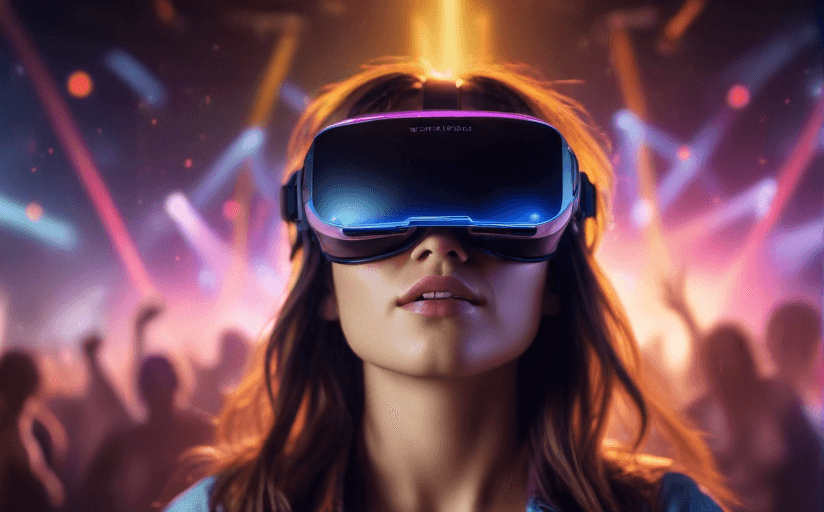The Rising Influence of Virtual Reality on Live Concert Experiences
From the invention of the radio to the age of the internet, technology has played a significant role in shaping the way we interact with the world and consume entertainment. In the current age of rapid scientific and technological advancements, one tool that has begun to revolutionize entertainment is Virtual Reality (VR). Specifically, within the sphere of music and live concerts, VR has opened new opportunities for artists to connect with audiences in a digital setting, especially amid a global pandemic.
History of VR in Music Concerts
The integration of VR technology in live concert experiences has been a gradual process. The early adoption of VR in concerts started with 360-degree videos that gave fans a panoramic view of the stage and audience. As technology advanced, fully immersive, virtual stages for live performances emerged, allowing artists and bands to host virtual reality concerts for their fans globally.
Benefits to Artists and Audiences
VR concerts offer a win-win solution for artists and audiences. For artists, they are a cost-effective way to reach wider audiences, independent of their physical location. For audiences stuck at home during lockdowns, VR concerts have been a way to enjoy live music from their favorite artists in the comfort of their own home. The immersive nature of VR also offers fans a more engaging experience, allowing them to feel part of the show, despite the physical distance.
Various VR Platforms
The success of VR concerts heavily relies on the platforms being utilized. Some of the leading platforms include MelodyVR, Sansar, and Wave, each offering unique features and virtual environments to match various artists’ needs.
Case Studies of Successful VR Concerts
Several artists have already harnessed the power of VR successfully, offering fans unforgettable experiences. One notable example is the rapper Travis Scott's collaboration with Fortnite, who created an almost psychedelic arena for a virtual performance attracting 12.3 million concurrent players.
Future Potential of VR in Live Events
The precedent set by successful VR concerts indicates a promising future for the use of VR in live events. Experts predict that as the technology evolves, VR concerts could become the norm, offering artists more creative freedom and audiences more engaging experiences.
Possible Challenges
Despite the potential, several challenges could hinder the widespread adoption of VR concerts. Issues like cost, access to VR devices, internet requirements, and creating a seamless user experience still pose significant obstacles. However, as technology continues to evolve, it is expected that these issues will be addressed over time.
In conclusion, Virtual Reality presents an exciting new frontier in the world of music and live concerts. As the technology continues to evolve, so too will our experience of live music. Although there may be challenges to overcome, the potential for a new, immersive, and inclusive way of experiencing music is unlimited.

















Comments
Leave a Comment